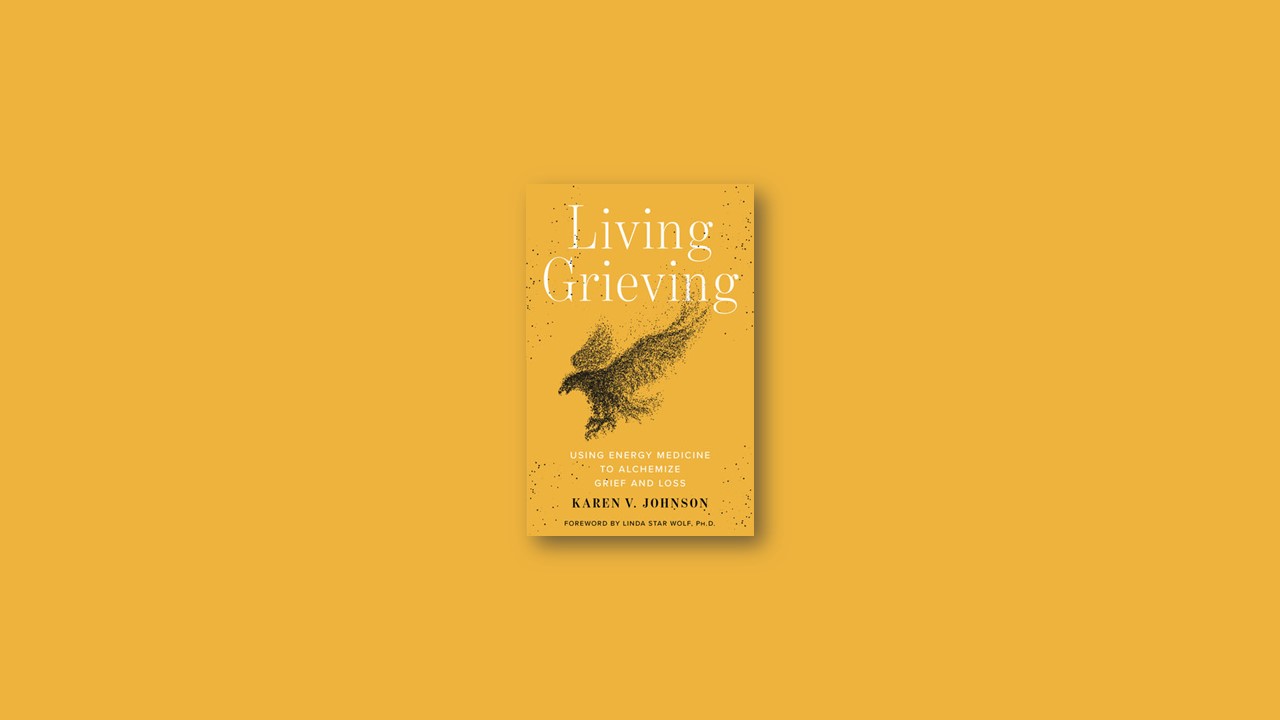Becoming Unstuck
We can be stuck in our grieving because of disempowering stories starring us or others in tragic roles. Stories that we tell ourselves about how things might have ended up differently. These stories are diversions from confronting deep pain, sadness, and loss. If we take away the stories, we might be left with pain we cannot bear. But our stories are based on shame, blame, and guilt, all of which are anger turned inward and which cause us unnecessary suffering. By releasing anger we stop punishing ourselves or those around us, and then we can gain access to what is real: the pain of our loss.
Nonjudgment
To practice nonjudgment we must give up our beliefs about right or wrong and even our own opinions. Our opinions are based on strongly held beliefs we have absorbed from our experiences and culture. We observe everyone and everything around us through the lens of what we think we know. But what if what we think we know is keeping us from growing and changing? What if we could see the people and circumstances of our lives in a new and different way?
We learn to judge each other so harshly and so easily on the basis of mere seconds of observing the way someone looks or acts. Malcolm Gladwell, in Blink: The Power of Thinking Without Thinking, reveals how great decision makers have perfected the art of “thin-slicing”—filtering out and acting on the variables that matter. This is instinctual and survival based; our very safety turns on quick judgments and reactions.
letting go of the urges to get Even and say the mean things to settle old scores is freeing
Nonattachment
The practice of nonattachment involves letting go of the roles that we have created for ourselves and the ones that others have created for us. It also involves letting go of the possessions and lifestyles associated with these roles. These roles have become so much a part of us that they have come to define us. And what defines us also confines us.
No one can prepare you for how all the beautiful and wonderful things in life can lift and inspire you while at the same time send you into the pits of despair. It’s a marvelous, wonderful, toxic, horrifying, and unending series of events that’s like being on a roller coaster ride from hell. You climb to the top of the hill of success only to be driven down into madness by watching your elderly parents grow old and die. You survive that and climb up out of madness only to be driven back down into the pits watching your children struggle and your marriage fall apart.
And yet we become attached to our roller-coaster lives because the ride is all we know.
Nondoing
Nondoing means letting go of micromanaging our lives and “making things happen.” Instead it’s a practice of allowing things to happen. It’s letting go of the illusion that we are in control and must remain hypervigilant or something terrible will happen. It’s letting go of keeping busy as a way to avoid uncomfortable emotions and letting yourself just be present and available for long, deep conversations with others and maybe even with yourself.
Being available to having deep conversations with ourselves puts us in touch with the Observer Within. What is the Observer Within?
It is that part of us that has never been born and has never died; it is our enlightened nature that does not want us to suffer. Once we are in touch with our Observer, our soul, our Buddhahood, our enlightened selves, we see through all of our busyness to all those painful things we tried to avoid.
Certainty
The practice of certainty involves cultivating the ability to commit fully to a course of action. We don’t allow ourselves to be derailed by excuses like not being good enough, thin enough, pretty enough, smart enough, well enough, rich enough, young enough, old enough, et cetera. We simply get on with it, even shutting the escape hatches. Instead of saying, “If this doesn’t work out, I can just go back to whatever it was I was doing before,” we choose to blow up the bridge behind us, leaving no alternative to marching forward.
Fearlessness
Practicing fearlessness means having the courage to face the places within us where the Four Horsemen of the Apocalypse live. We carry within us ancestral and cultural stories related to the four figures in the Book of Revelation symbolizing conquest, war, famine, and death. We also carry all the stories passed down from our ancestors that are held firmly in place, pictures and objects that hold us in remembrance of these ancestors. Our deceased loved ones are now our ancestors too and, as we release the traumatic stories we carry about them, we lighten their memory.
Fearlessness does not mean you aren’t ever afraid. It doesn’t mean you don’t have doubts. It means you decide to go forward anyway.
Beginner’s Mind
The practice of beginner’s mind involves releasing our notions about and expectations for life and welcoming new experiences with an eager heart and open mind. All of our past wisdom and experiences are part of what we bring to everything new, but we look through the eyes of a child to see the possibilities. We don’t come from a place of “been there, done that,” but look around in wonder, finding freshness and vitality.
Transparency
The practice of transparency is one of allowing yourself to be seen in “all your perfect imperfections,” as beautifully sung in the song “All of Me” by John Legend. Rather than hiding the parts of us we don’t like, we allow our imperfections to be seen. Instead of hiding the parts of us that are wonderful but make others uncomfortable, we allow ourselves to shine. By allowing ourselves to be transparent, we also allow our authentic self to be revealed.
Integrity
The practice of integrity is one of being true to your word and accountable for yourself and to others. Sometimes it’s relatively simple, like going out with a friend as promised even though you would rather stay home and read. Then there are the more difficult promises and commitments we make to work projects and our families and friends. And finally there are those times when we must honor commitments we made to ourselves. Sometimes honoring commitments to ourselves can seem the most difficult. It may mean that we cannot go forward living someone else’s dream no matter how enticing. It may feel uncomfortable to realize we cannot worry about disappointing anyone but ourselves. Searching our hearts we begin to see our own way forward.
Living Consequently
Living consequently is an everyday, every moment kind of practice of monitoring our thoughts. Have we left the present moment to ruminate on old traumatic stories? Are we engaging in worry about the future because we fear repetition of past traumas or disappointments? The practice of living consequently is to concentrate instead on our wildest hopes and dreams and feeling the wonder and excitement of living and experiencing those dreams. We become aware of our old fear-based stories and consciously decide to put them aside and live our dreams.


